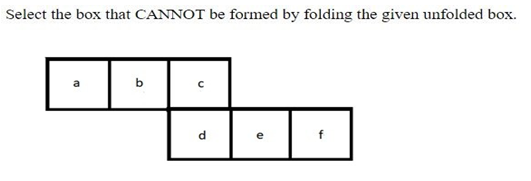Question
What do ethics most closely relate to?
Read the following passage and answer the next 3 question (Q21-Q23) According to Wallace, "A credo generally describes the highest values to which the company aspires to operate. It contains the `thou shalts.' A code of ethics specifies the ethical rules of operation. It's the `thou shalt nots." In the latter 1980s, The Conference Board, a leading business membership organization, found that 76% of corporations surveyed had codes of ethics. Some business ethicists disagree that codes have any value. Usually they explain that too much focus is put on the codes themselves, and that codes themselves are not influential in managing ethics in the workplace. Many ethicists note that it's the developing and continuing dialogue around the code's values that is most important. If an organization is quite large, e.g., includes several large programs or departments, it may want to develop an overall corporate code of ethics and then a separate code to guide each of its programs or departments. Codes should not be developed out of the Human Resource or Legal departments alone, as is too often done. Codes are insufficient if intended only to ensure that policies are legal. All staff must see the ethics program being driven by top management.Solution
Ethics involves learning what is right or wrong, and then doing the right thing. Ethics defines the best option as the one which best achieves what is good, right and consistent with the nature of the things in question. Ethics is the process of questioning, discovering and defending our values, principles and purpose
According to the dictionary order, which of the following word will come at third position?
1- Father
2- Forest
3- Fair
4- Faint
5- Football
6- Farther
If it was Sunday on 1st April, 1956, then what was the day of the week on 2nd July, 1957?
How many girls have MBA degrees?
Complete the analogy.
49 : 65 :: 64 : ?
Select the Venn diagram that best illustrates the relationship between the following classes.
Fur, Animal, Wood

Three statements are given, followed by three conclusions numbered I, II and III. Assuming the statements to be true, even if they seem to be at varian...
Who among the following person faces the one who sits immediate left of K?
Statement:
Only a few Roses are sunflower
Only a few sunflowers are jasmine
Some sunflowers are not lilies
Conclusion:
...



